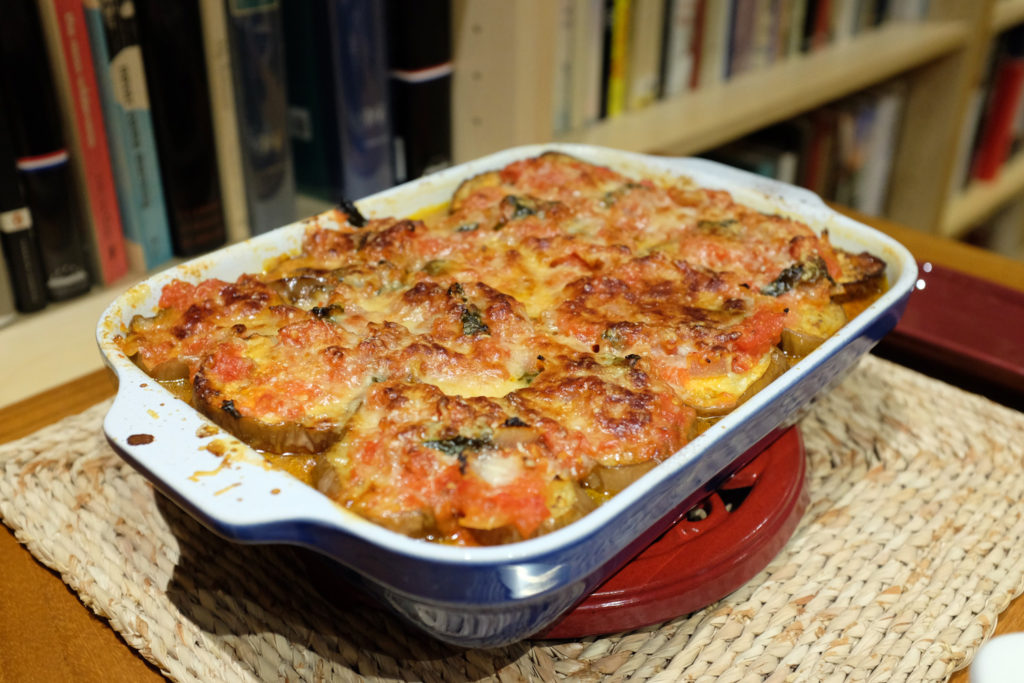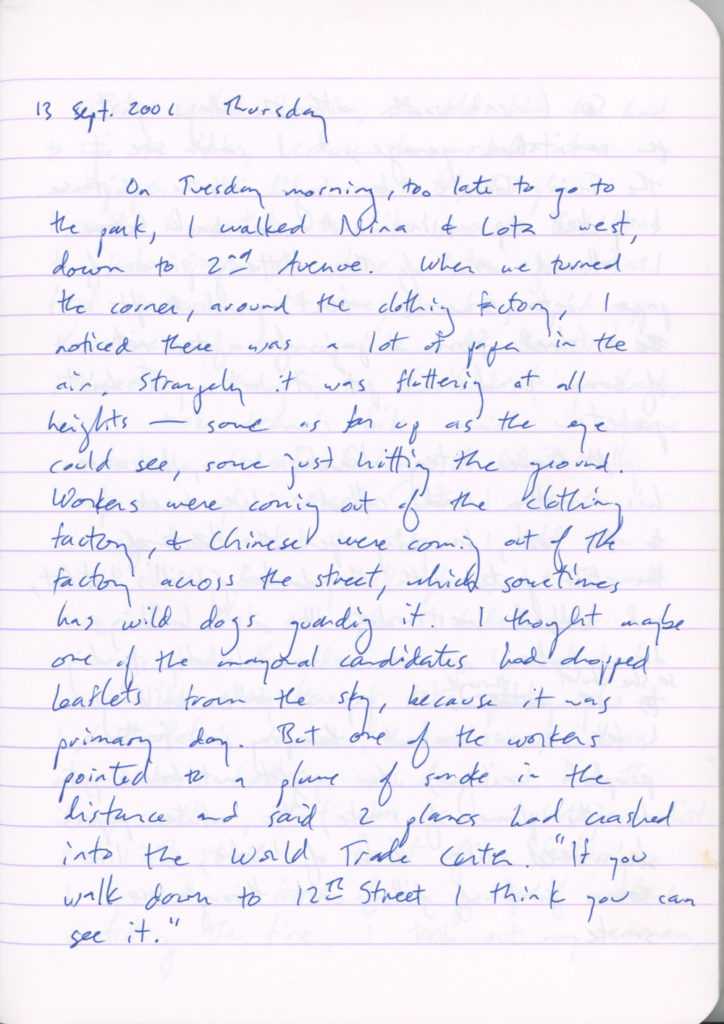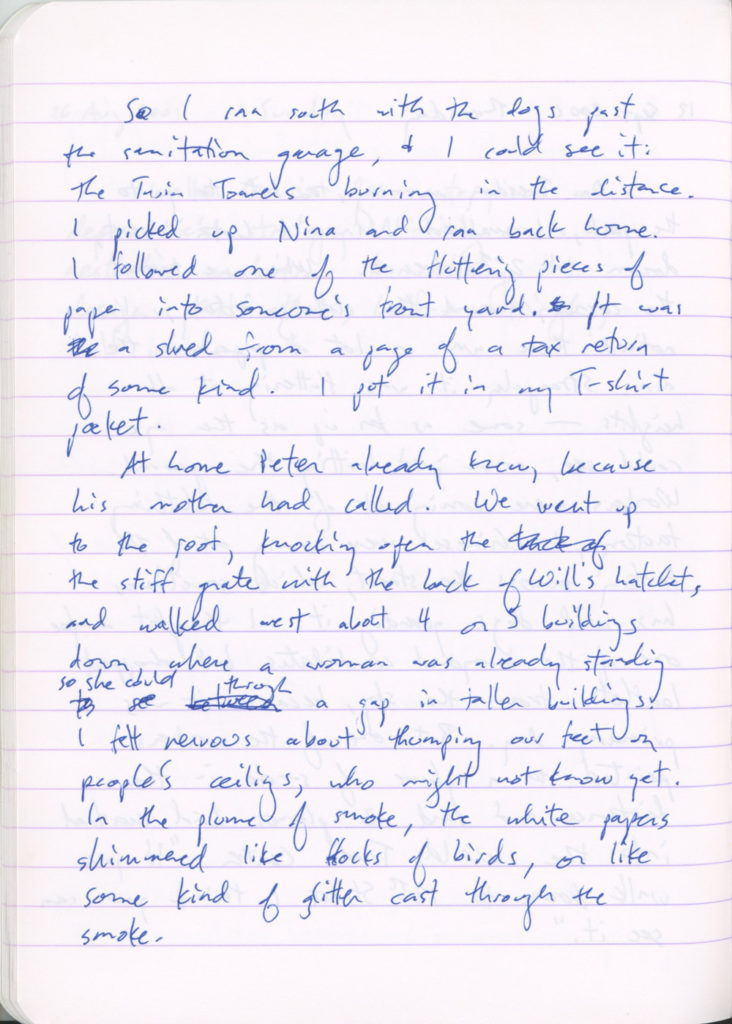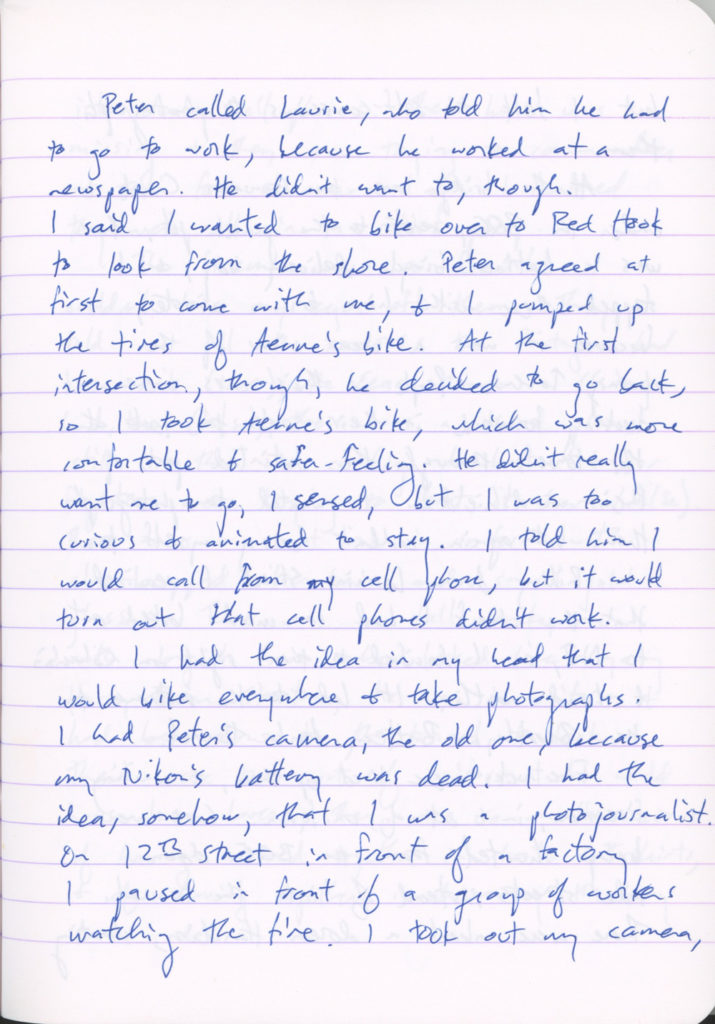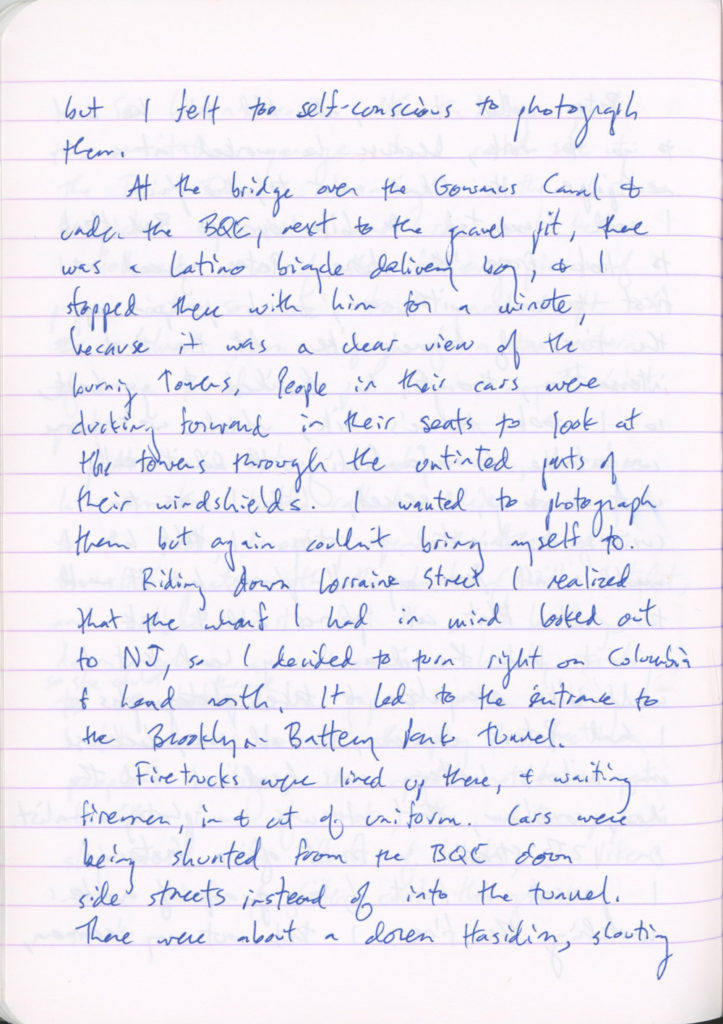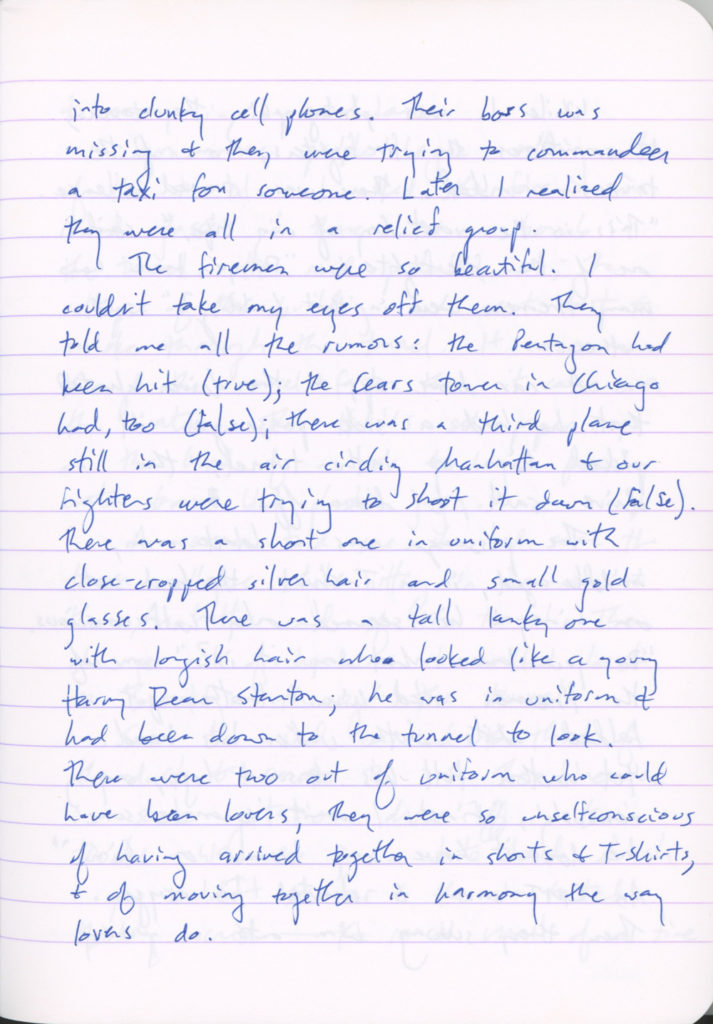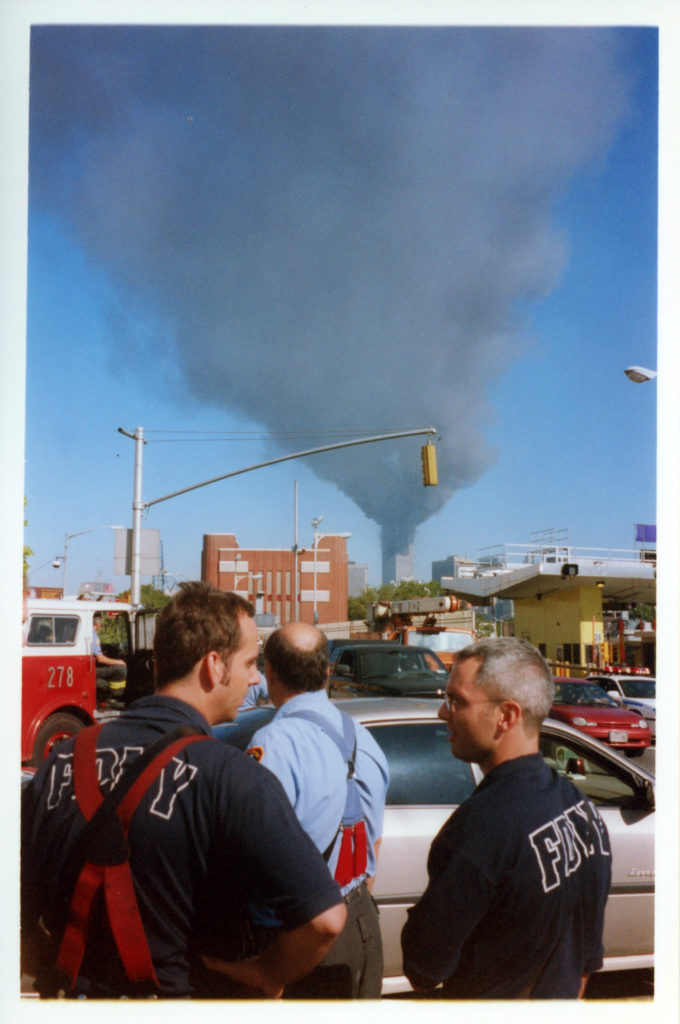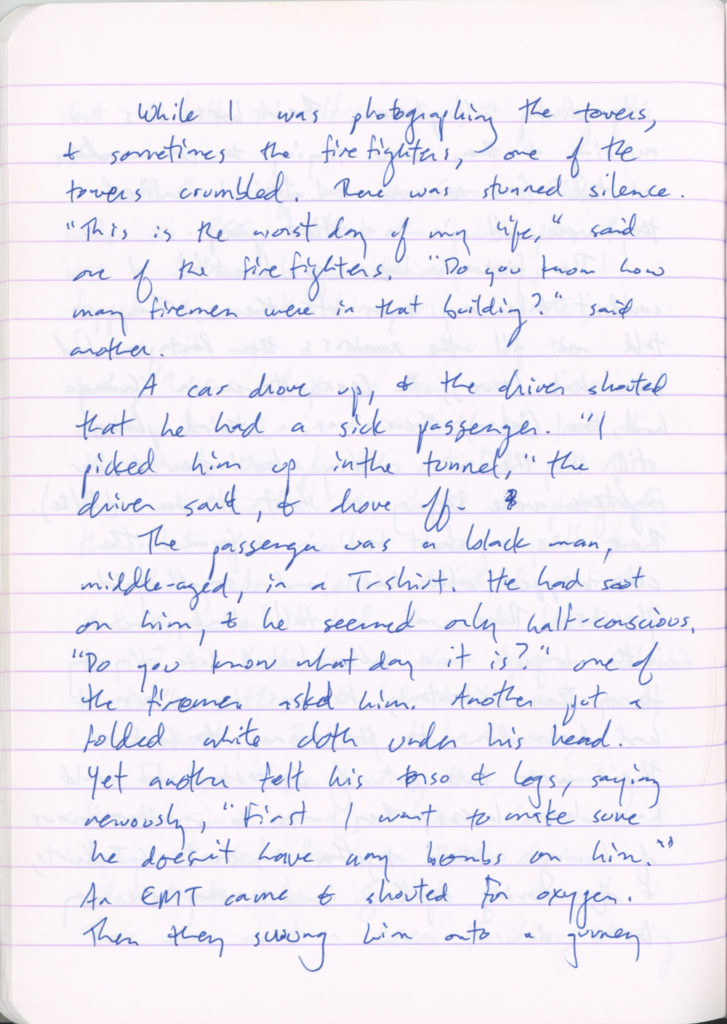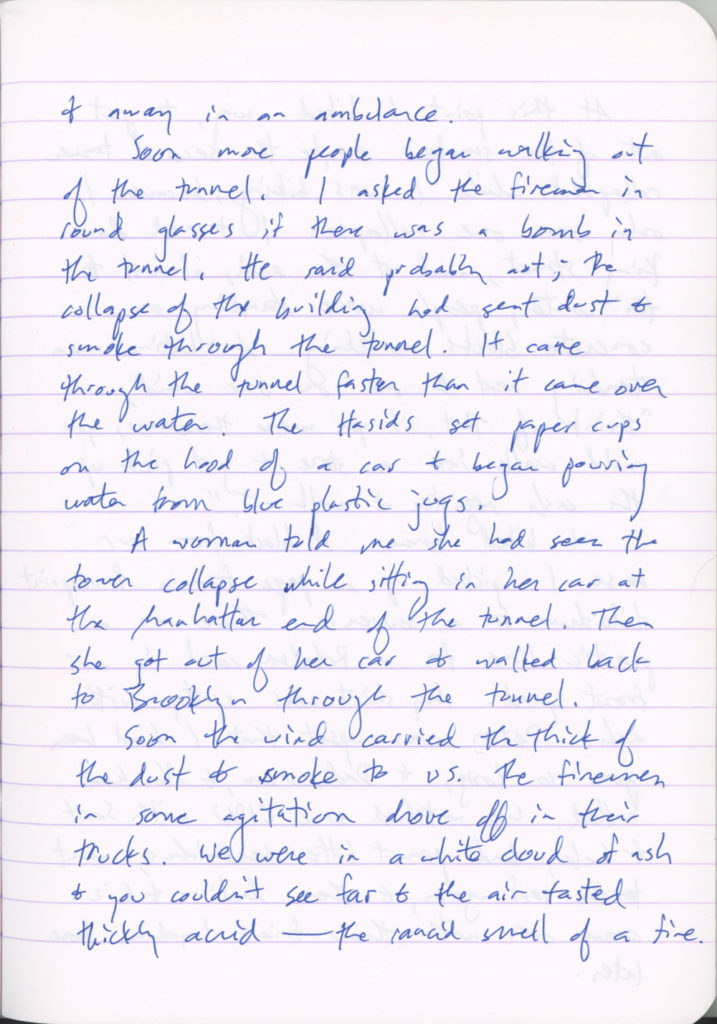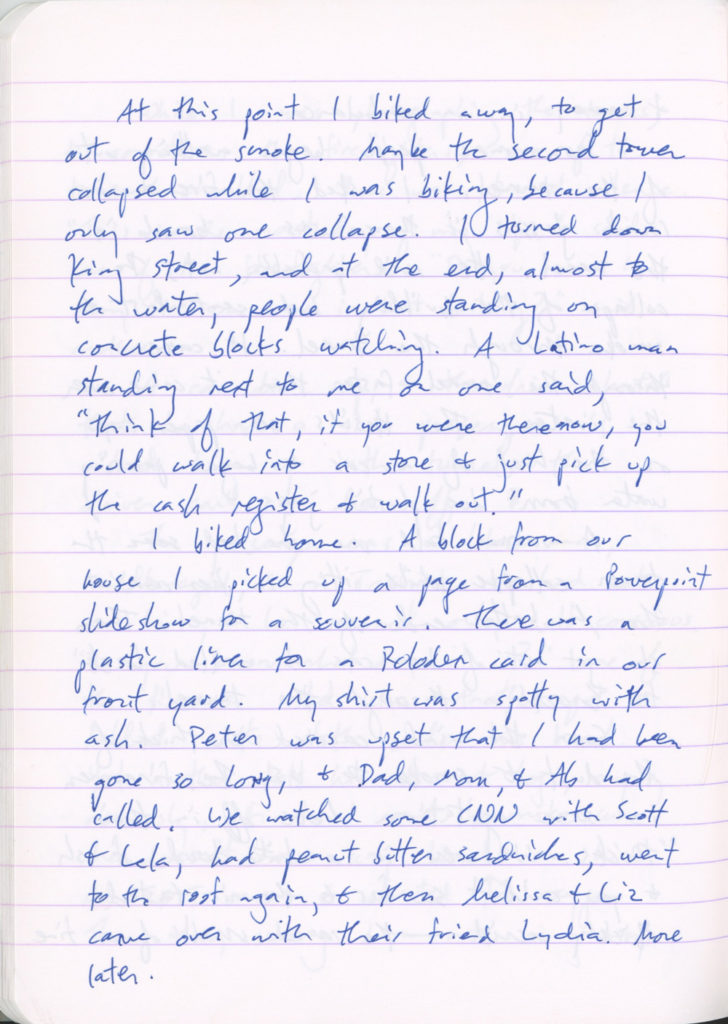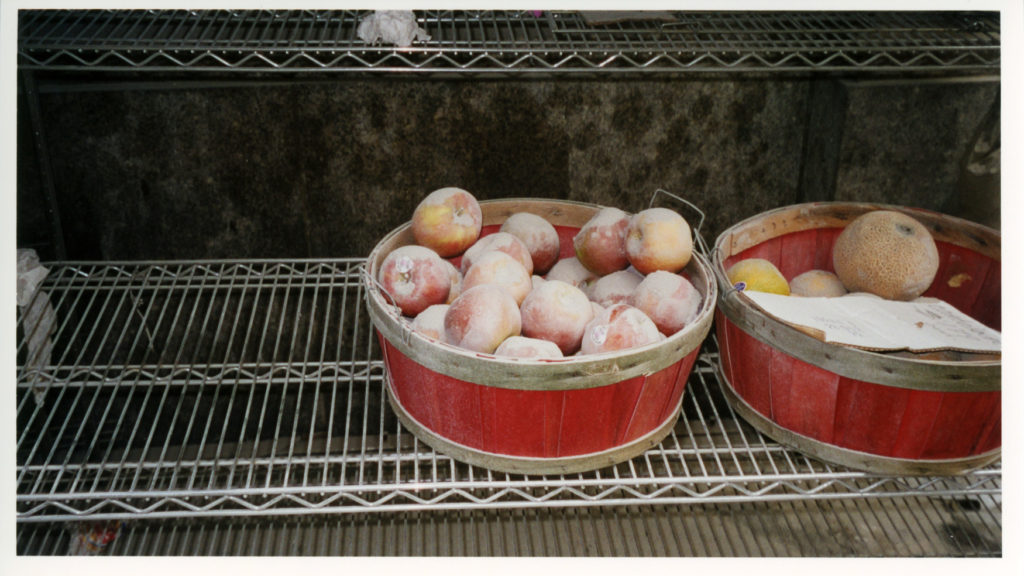On 18 September 2016, I moderated a panel at the Brooklyn Book Festival called “Occupy and Resist,” which featured the writers Magdaléna Platzová, Sayed Kashua, and Imbolo Mbue. Here’s the introduction I gave:
I’d like to try to have a conversation this afternoon about the place of politics in literature, given that all three panelists have written about the changes that political realities and politial ideals make to people’s lives. But before we start that conversation, I feel as though I should state, for the record, that the three books are very different, and as a way of introducing the panelists, I’d like to say a little about how they’re different.
Sayed Kashua is an Arab writer who now lives and teaches in Champaign, Illinois, but grew up in Tira, a small Arab city in central Israel. He’s the author of two novels, a memoir, and a hit television series. His hilarious, brutal, and urgent new book, Native, a collection of columns that he wrote for the liberal Israeli newspaper Haaretz, describes his move into, and then out of, an upscale Jewish neighborhood in west Jerusalem. Describing the early days of his move, Kashua jokes about how unnerving he finds the high water pressure, and how unsettling it is that municipal functionaries visit regularly to deliver mail and take away garbage, along streets ornamented with such luxuries as traffic signs and sidewalks—the implication being that these amenities were lacking in the Arab neighborhoods where he had previously lived. His humor, in other words, has a political edge. At times the edge grows so sharp that he drops humor and writes with plain pathos—as, for example, when he relays the accounts his children give him of being hurt by the casual cruelty of classmates giving voice to anti-Arab bias. Now and then Kashua does mention political events and controversies in Israel, the West Bank, and Gaza, but for the most part, the politics in Native is the politics of everyday life. A friend of his, quoted in a 2015 New Yorker profile of Kashua, called it “the kind of politics that arises from the dirty dishes in the sink.”
Though Kashua and his family are Arab, he wrote the first-person essays in Native in Hebrew, the language in which he was educated from high school on. I’m putting myself in a bit of peril by mentioning this, because in one essay he makes fun of people who incessantly ask him, “Why do you write in Hebrew?” But since American readers will be reading his book in an English translation, which, though very elegant, obscures this provenance, I think it’s worth bringing up. There’s a politics of translation, too, after all. When Kashua’s daughter declines to play in a recital scheduled to celebrate Israel’s Independence Day, for example, she explains to her music teacher that her family refers to the anniversary as Nakba, a commemoration of the expulsion of Palestinians from their homes.
Imbolo Mbue is a native of Limbe, a seaside city in the West African nation of Cameroon, and has lived in New York City for more than ten years. The young couple who are the heroes of her rich, vivid debut novel, Behold the Dreamers, share her geographic origin and are trying to make the same migration. The recent immigrant Jende Jonga lands a job as chauffeur for a wealthy executive at Lehman Brothers. Jende’s wife, Neni, joins him in the city, along with their son, and goes to school with the hope of becoming a pharmacist. Jende’s working papers are only temporary, however, and his residency in America uncertain. As Jende drives his employer’s family around, he becomes an intimate witness of their lives and, thanks to his cheerful manner, to some extent a confidant—an entanglement that becomes more complex after Neni goes to work briefly for the family, too, as a maid and babysitter. If one axis of the novel runs between Cameroon and New York, another runs between the Lehman executive’s home on the Upper East Side and Jende and Neni’s home in Harlem—between a wealthy white American world of status, convenience, secrets, anxiety, and loneliness, and a more communal and informal world of struggling, exiled Africans, where meals may require hours of preparation and may be eaten happily on the floor. This isn’t a conventional American immigrant’s novel, however; the axes cross in unexpected ways, and the story becomes quite dark, before the end.
Jende and Neni also live in a world in translation, speaking a mix of English, French, Cameroonian Pidgin English, and native African languages. Jende worries that his immigration lawyer might be mbutuku and refers to his native country Cameroon as pays. At the novel’s start, Neni is flummoxed when her precalculus instructor says he has a boyfriend, but by novel’s end, she and her husband have become so fluent in American culture that they’re able to poke fun at the typical Cameroonian’s taste in U.S. consumer goods.
Magdaléna Platzová‘s meditative and resonant novel The Attempt has two storylines. In the present, a student of history named Jan is seeking for the truth about his ancestry, which may or may not have to do with the novel’s second storyline, which takes place in the past—in the early twentieth century, to be exact—and concerns two anarchists, at one time lovers and later friends, one of whom, Andrei, spent 14 years in prison for attempting to assassinate an industrialist who violently suppressed a strike. Neither the present-day story nor the historical one is told in sequence, and much of the novel’s art consists in the way Platzová interweaves the two. But though the major axis in Platzová’s book is chronological, geography matters to her as well. Jan, like Platzová herself, is Czech; the would-be assassin whose story fasciantes him was Russian; and the industrialist and his heirs, whom Jan interviews, are American. It’s in America that the novel takes place—a country where Platzová herself, the author of six books, has both studied and taught, though today she lives in Lyon, France.
The Attempt has been deftly translated from the Czech by my friend Alex Zucker, who’s probably in the audience, but it feels to me as though within the novel the crucial translation to be made isn’t between Czech and English but between the past and the present. Those are the two worlds that can’t quite make sense of each other—the industrialist’s heirs keeping faith too rigidly with the past, the anarchists losing faith in the utopian future. A secondary axis, perhaps, is the one between fact and fiction, since Platzová’s fictional anarchists are modeled on the real-life lovers Alexander Berkman and Emma Goldman, who left behind many letters and memoirs, and her industrialist on Henry Clay Frick, who left behind a famous museum.


